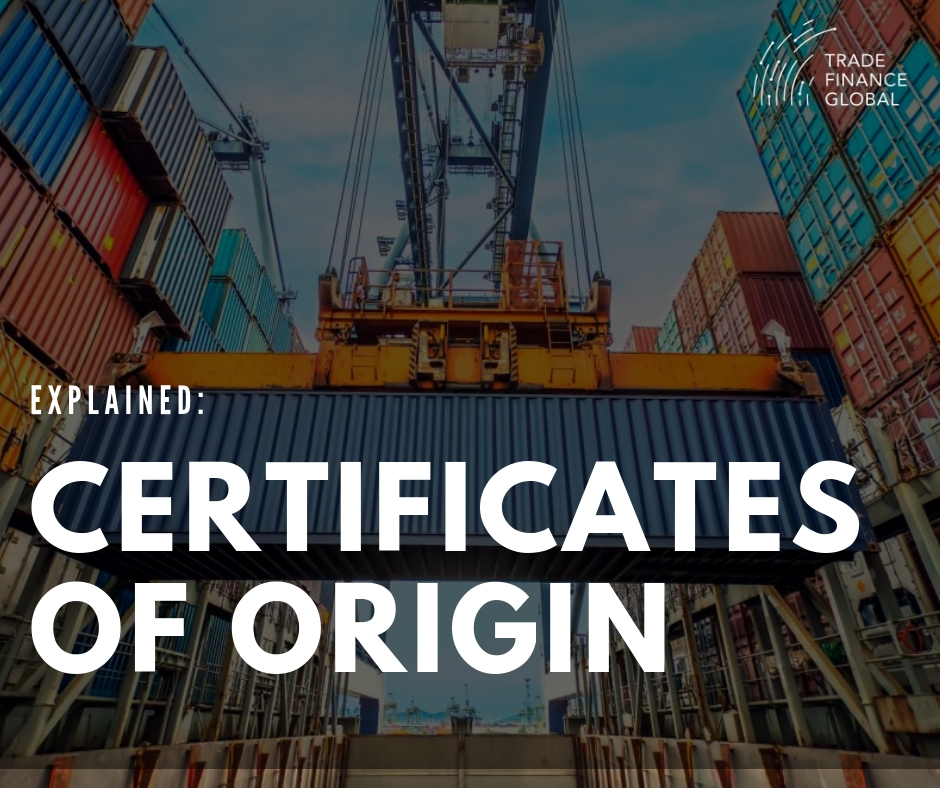What are the risks trading companies face when it comes to financial crime? Trade Finance Global heard from Matthias Verbeke from Complidata on the trade based money laundering, regulation and compliance issues around international trade
What is Financial Crime and how is it affected international trade?
Banks and other financial institutions have already been toiling under the watchful eye of regulators worldwide for several decades, with ever-increasing massive fines and even costlier remediation programs to whip them into submission.
Such regulatory actions often come with a billion-dollar price tag, and potential drop-in share value. But, there is another area of our economic system that is increasingly coming under scrutiny: international trade.
Of its 15 trillion US dollar value, several hundreds of billions are estimated to be illicit funds. Funds which are used to fuel large organized crime syndicates, violent regimes and terrorism. Additionally, the government misses out on much-needed funds from the taxation. No wonder that regulators are turning their eye on your activities. Addressing these trade-based money laundering obligations is no small feat. That is why the International Chamber of Commerce indicates regulation and compliance as the top inhibitor for growth in its 2018 Global Survey.
What are companies doing to reduce financial crime?
Performing the necessary checks is quite a burden. Companies need to make sure that:
- Embargoes are respected
- Involved parties are legitimate
- Dual-use goods are detected
- Prices are checked for anomalies
Current approach for tackling financial crime in international trade

For most companies, their process consists of manual checks done by front office operators. Such process leaves gaps in terms of accuracy, traceability and provability. Important signals can be missed, with dire consequences.
How does your company, Complidata help automate this process?
Our solution automates and formalizes the process. From digitization of paper documents to giving risk indicators on all necessary elements. With a lightweight user interface or through an API, mandatory checks are done, and results provided back to your team or internal systems.
We check all elements against mandatory lists:
- Up to date embargo lists
- Up to date blacklisted persons, companies and organisations
- Dual use goods, with an explanation and risk score
- Price validity verification
The below diagram shows the flow of information and actions within the solution.

Usability is key
The solution has a modern and intuitive interface, allowing your employees to quickly scrutinize a trade. This is a powerful asset in a domain where straight-through-processing is paramount. The results of the screening are combined in an easily interpretable report.
The different checks are logged in the system, as well as the total risk score. For all checked elements, explanatory information is available (such as which embargoes apply to a certain country, banned usage types of commodity products, normal price ranges, etc.)
Based on this information, a Front Office operator can choose to either accept the transaction or decide to forward to 2nd line investigations for further analyses and closure.

What value does Complidata bring to companies?
- Perform your regulatory compliance faster, more accurately, and on up to date lists
- Prove to governmental bodies that you comply with applicable regulations
- Extract structured data from your paper documents or Word/PDF’s early in the process
- Reduce your processing time and provide better service to your customers in times of increasing complexity
Want to find out more about regulation and compliance in trade finance?























